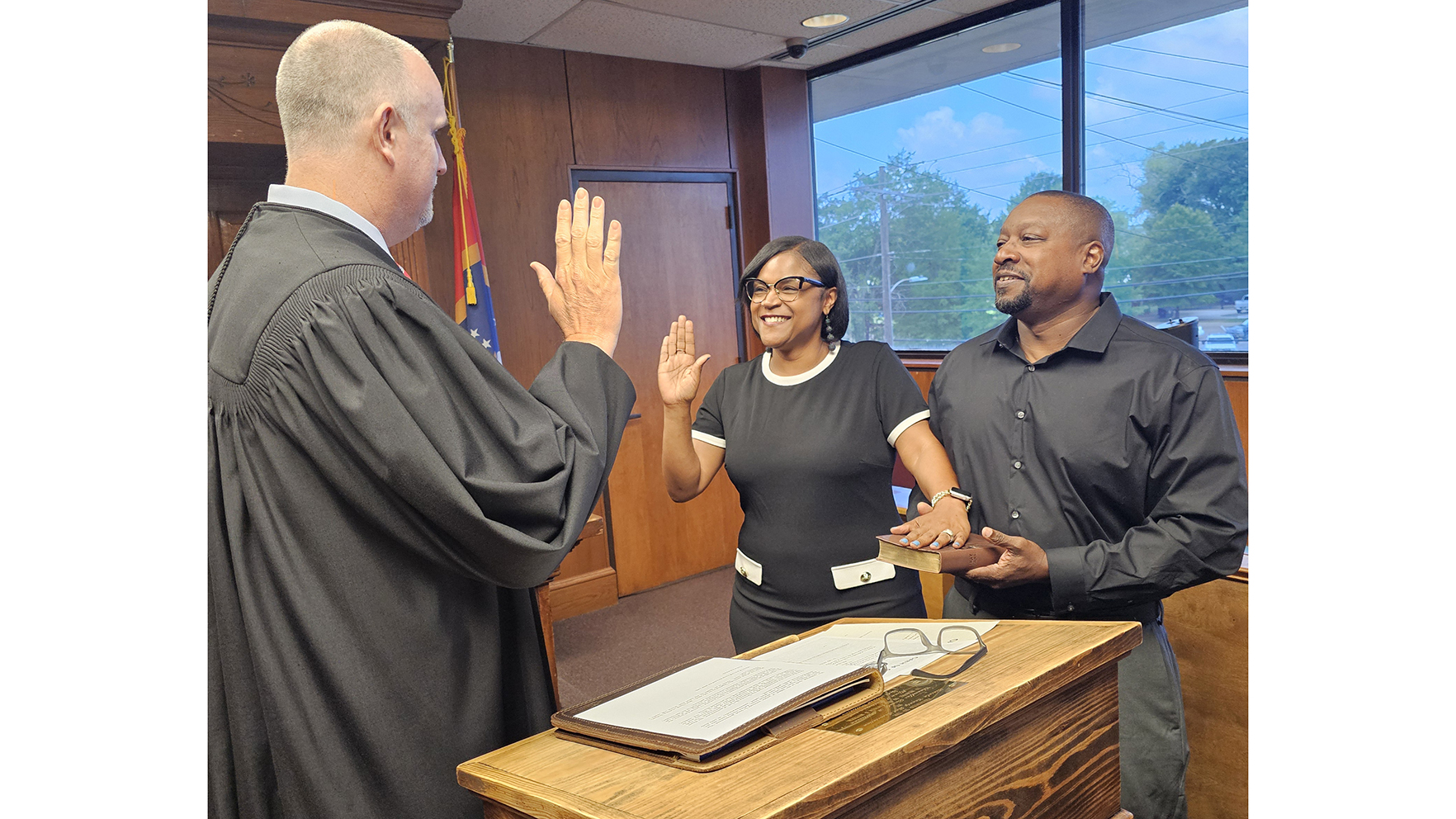Don’t break the law for the sake of convenience
Published 7:50 pm Thursday, March 15, 2018
Is it sometimes inconvenient to follow the law? Yes. But inconvenience is not an excuse to break it.
Do we sometimes think that we know better than the legislators who wrote a particular law? Of course. But that doesn’t give us the right to break it.
Is it a pain to drive 35 mph on an open stretch of roadway when you are running late? You bet. But that does not make it OK to break the speed limit and the law.
The same goes for the state’s Open Meetings Act. Following the act can sometimes be burdensome for local government bodies. It can sometimes be inconvenient. It can sometimes be a pain. But it is still the law and should be followed.
Several local government bodies are not following the rules that govern how they are to conduct the public’s business. And make no mistake, any business of the government is your business.
Boards regularly close meetings to the public in the name of “economic development” or “potential litigation” or “personnel related.” And while state law provides very specific exceptions to the rule that says all government meetings should be open to the public, local boards are abusing those exemptions to conduct their work behind closed doors.
“A board can’t just say ‘personnel’ or ‘litigation.’ The Supreme Court has said it has to be specific, so that someone could later go back and see if it really is an appropriate reason to go into an executive session,” Leonard Van Slyke, a media and First Amendment law attorney with Brunini Law, said. “They could say, ‘We have a personnel issue in the water department,’ something that would identify what they’re talking about. They don’t have to give a person’s name, obviously, but they have to narrow it down.”
At times, boards are also breaking the letter of the law when it comes to how they enter into closed session. According to state law, “no other business shall be transacted until the discussion of the nature of the matter requiring executive session has been completed and a vote … has been taken on the issue.”
But boards sometimes handle multiple issues in a single closed session. During a meeting March 6, the city board went into executive session out of order — announcing the reason why the meeting would be closed only after aldermen voted to shut the door — to discuss two topics in a single executive session.
It was done for the sake of convenience, according to city attorney Joe Fernald. And while that may be true, it’s still a violation of the law.
“You can’t go back there with seven reasons,” Van Slyke said. “You have to come back out and vote for another reason if you need more than one executive session.”
This nonsense must stop. The laws of this state are crystal clear when it comes to how public meetings should be handled. The public expects its elected leaders to know the law and follow it. Elected officials would be wise to follow the letter of the law, not the advice of attorneys who appears to be sidestepping it.





